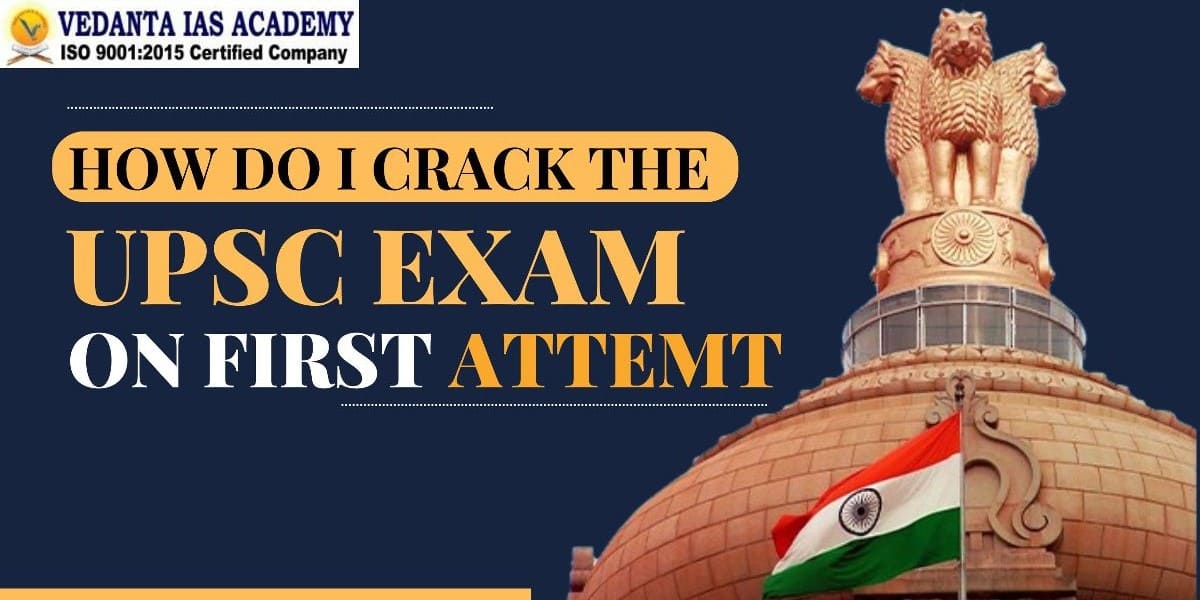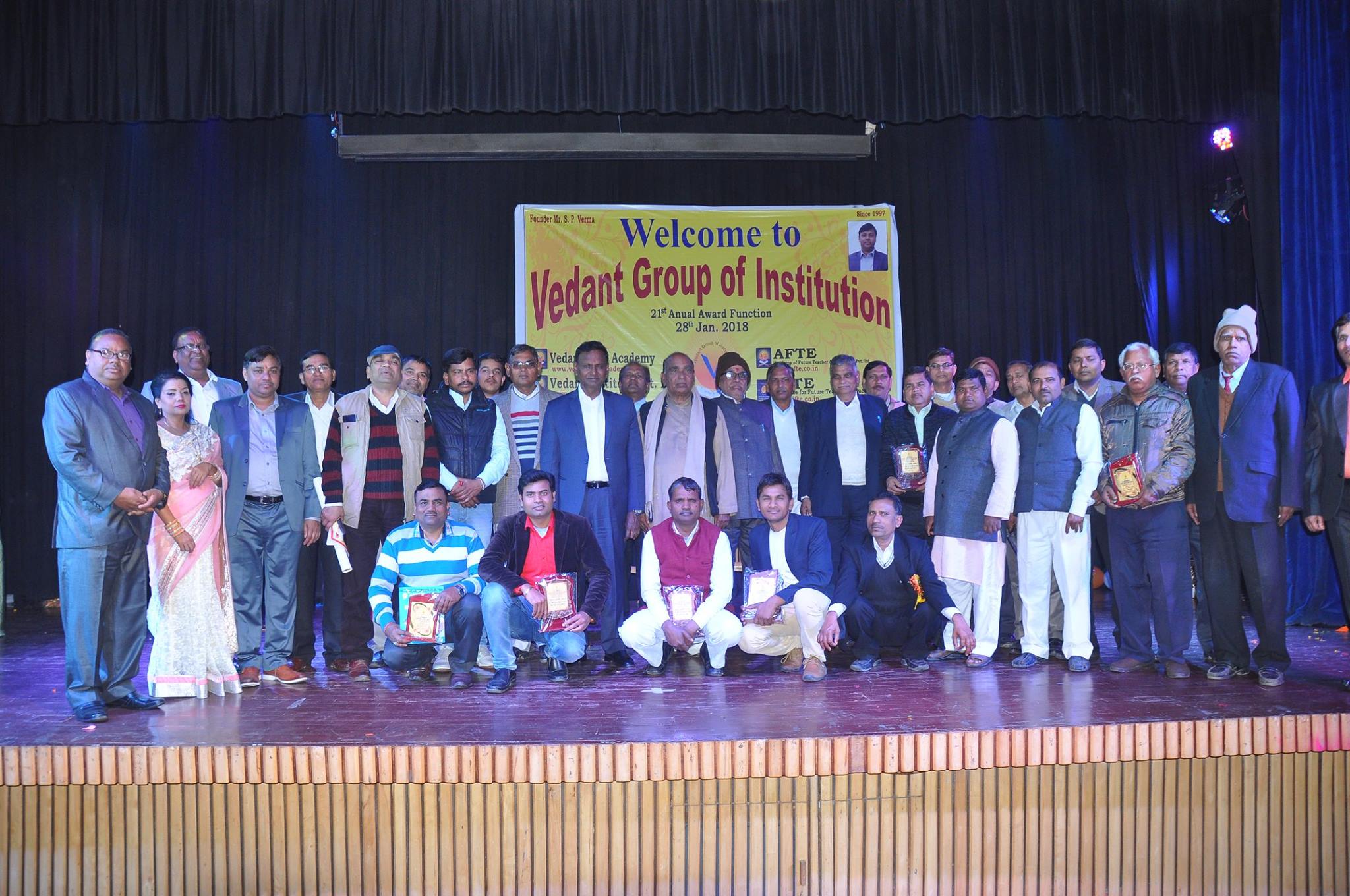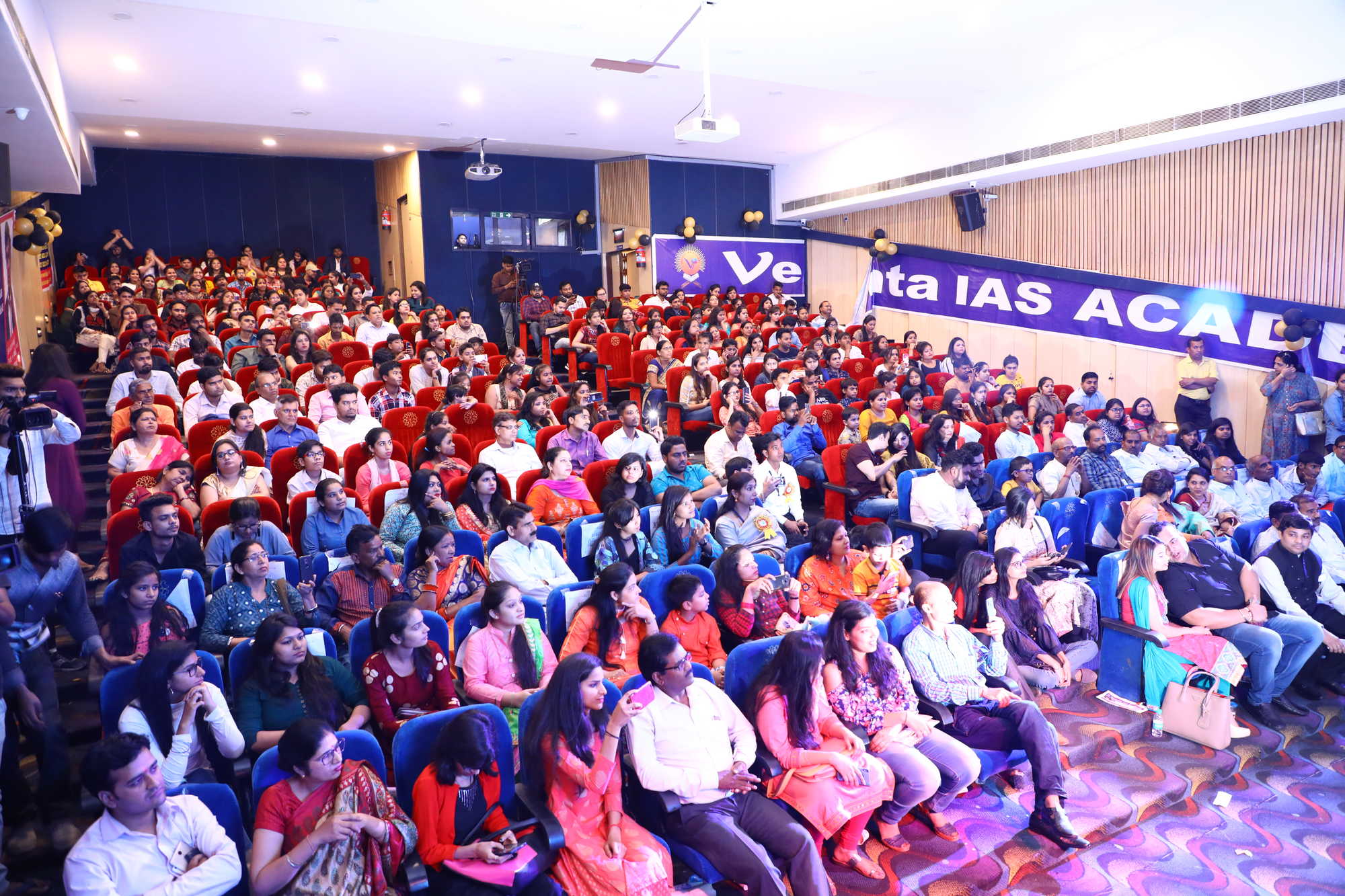Mains Syllabus
Revisit the Mains syllabus and make a comprehensive study plan. Divide your time among General Studies papers, your optional subject, and essay writing.
Answer Writing Practice
Start practicing answer writing for Mains papers. Focus on articulating your thoughts clearly and structuring your answers effectively.
Current Affairs Consolidation
Revise and consolidate current affairs from the months leading up to the Prelims exam. Current affairs play a crucial role in both Prelims and Mains exams.
Tips to Crack UPSC
1. Focusing on Quality over Quantity, Utilizing the Internet and Past
Question Papers
2. Superimposing Current Affairs with GS Papers
3. Enhancing Ethics
Section with Case Studies








